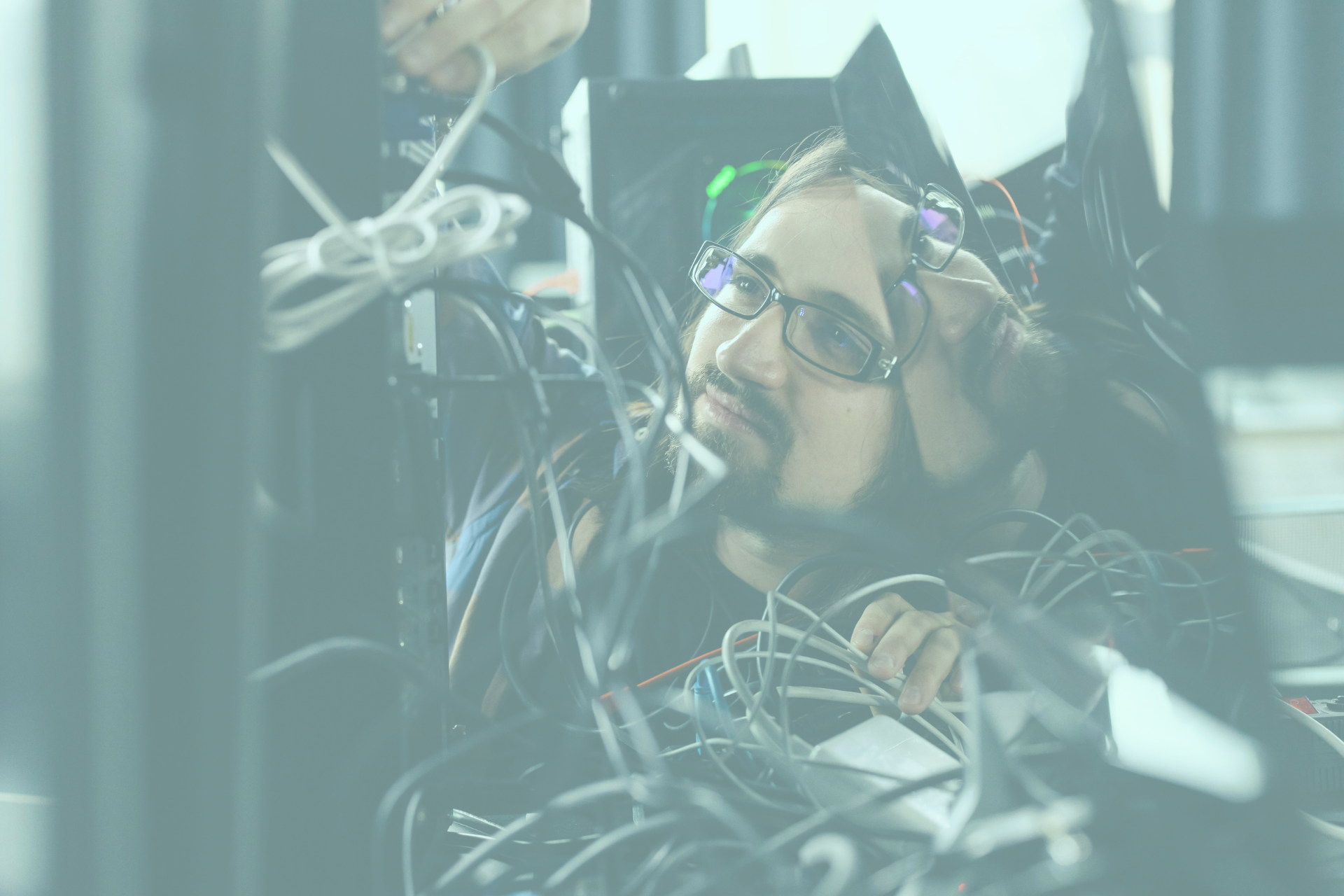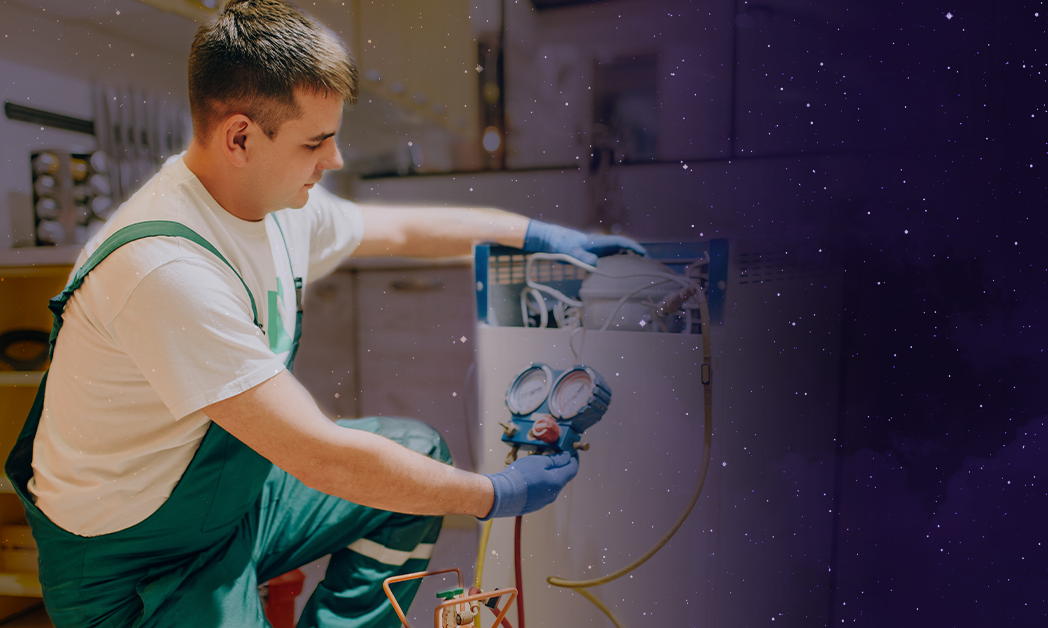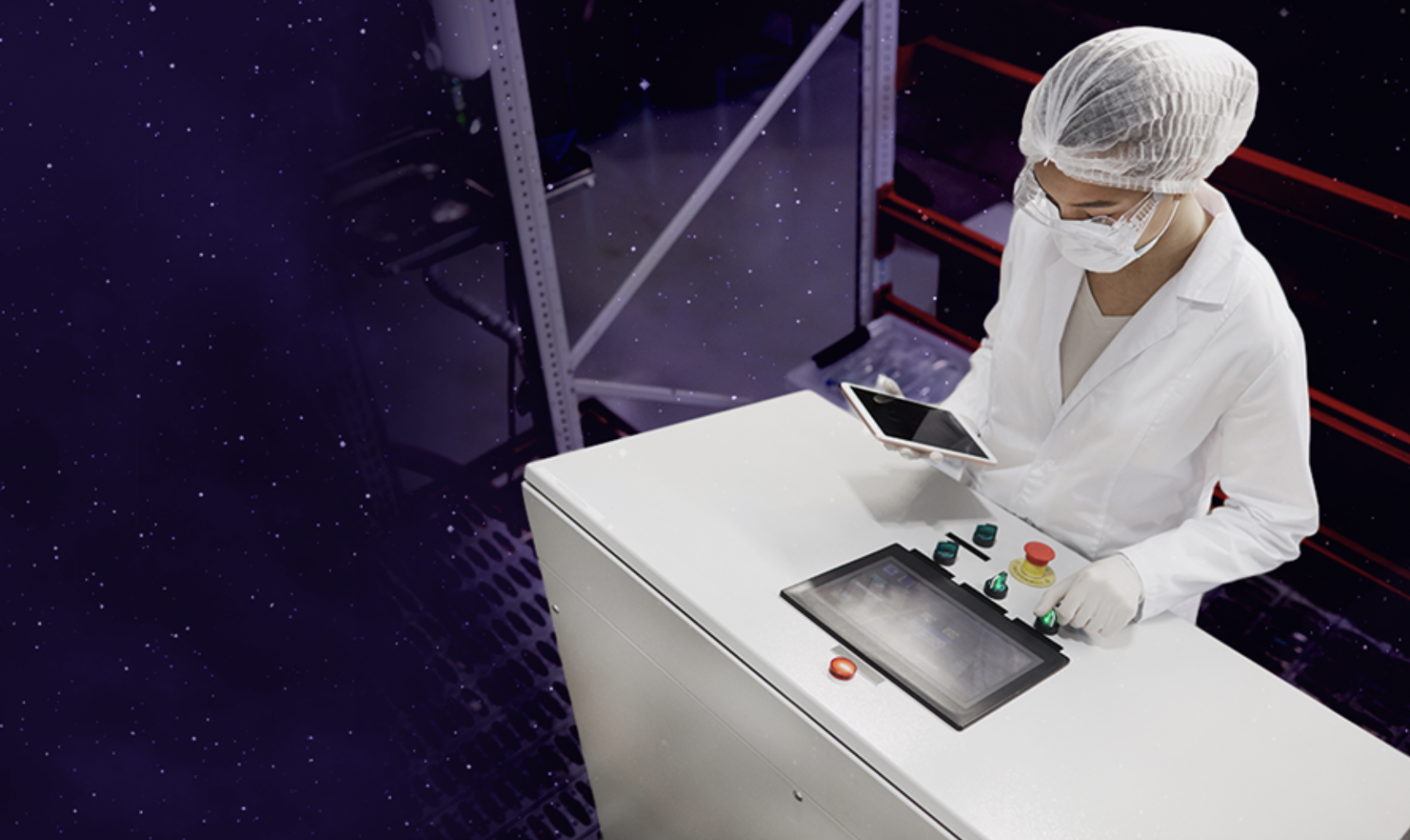What does it take to make customer experience a top priority in today’s service industry? We launched the Service Intel Podcast to answer that question. In each episode, service leaders join us to discuss turning status-quo service into exceptional experiences.
In a recent episode, we were joined by Jason Holland, Technical Learning Leader at NCR, where he started out as a field technician 21 years ago. NCR specializes in retail, hospitality and banking products, including self-checkouts and ATMs. Jason’s organization is responsible for training a global team of technicians to maintain and repair those products.
Here are some of the highlights from our conversation with Jason.
The Highlights
Refine Training Methods
Sometimes, says Jason, the documented training from engineering can feel too rigid, while the field way can feel too creative. Since his team is tightly aligned with engineering, he often plays the role of mediator. Trainers connect with field technicians frequently to discuss what’s new, what they’re hearing, and collect feedback that can then be incorporated into training. This often results in more useful materials (like a performance-style video to support the field).
Use Field Technician Feedback for Product Improvement
NCR has built a culture of product development taking information from field technicians and incorporating it into new products. Jason shares an example of how this approach led to better, faster customer support by reducing the need to replace 50-100 pound modules and instead using smaller components that technicians can always have on-hand in their vehicles.
Create New Products and Streamline Product Launches With the Help of Technicians
It isn’t just about improvements, says Jason. He discusses how field technicians at NCR are encouraged to submit ideas for new products. There’s an award system in place and technicians are recognized throughout the company for their contributions. In fact, many ideas have made their way to the market — proof of the role field technicians can have on the bigger-picture success of a company. Jason also shares how his team works closely with engineering before new products are launched. This includes creating a pilot version of training, even when service manuals aren’t completed yet. His team’s feedback can lead to changes to service documentation and a better process once the product does make its debut.
Leverage Precision Diagnostics
While ATMs have been communicating errors for decades in some way, NCS is taking this a step further with precision diagnostics. Jason discusses how the company takes error code data from an ATM and analyzes it to determine what’s likely to fail soon. When a technician is already on-site they can do additional repairs to keep those components working long-term.
Align Training and Sales for Better Resource Allocation
Jason talks about an all-too-common scenario: sales will inform training that they’ve sold a product and need 2,000 people trained right away. To avoid a negative customer experience here, NCR has an operational process in place when a salesperson wants to make a bid to a customer. A team connects all the dots to ensure the proper resources are in place first. It creates an open communication loop between all teams involved in a sale. If all pieces are not in place, the salesperson can’t put in a bid. Ultimately it forces a conversation and raises awareness of the company’s capabilities to fully support its customers at all times.
View Customer Escalations as Opportunities
Of course, there are times when a company gets it wrong and customers aren’t happy. Jason discusses the importance of listening to those customers and how there are often great nuggets of information that can be incorporated into training or support.
Restructure Training for Retention
It’s a well-known statistic with training: most people forget 70% of what they’re told in a single day. Jason talks about how NCR solves for this by holding 30 percent of training in a classroom and 70 percent in a lab environment — and how it leads to greater retention of information.
Over the years, says Jason, NCR has transformed its training organization from order-taking to business-partner centric, using data and analytics to help field partners perform their roles better. The result? Training has an increased presence within the business. Jason says his biggest piece of advice is to find that special niche for yourself to become a partner to the business — not just a training organization.
Listen to the full 30-minute episode for more of Jason’s advice. And subscribe to the Service Intel podcast so you don’t miss any of our upcoming conversations with service industry leaders.
Recent Posts
-

AI and Shift Left Will Propel Success in Medical Device Service, Says New Aquant Report
Read More »March 05, 2024 Janice Camacho -

The Power of AI in Service Management: A Journey Towards Boosting Efficiency and Customer Satisfaction
Read More »February 20, 2024 Courtney Stafford







